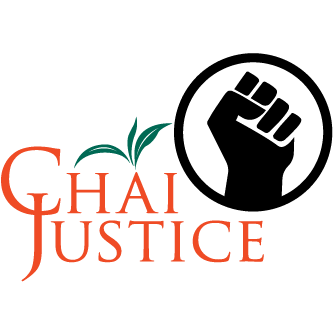Beginning from December of 2015, an estimated 15,000 workers from four tea gardens protested the creation of Special Economic Zones (SEZ) on land they cultivated in Chandpur area of Chunarughat in Habiganj district in Northeastern Bangladesh. The land was government owned land but leased to the tea company, Duncan Brothers Ltd which is part of multi-national UK based group called Camellia Plc. Tea workers learned about the government’s intention to seize the land from an advertisement in a Bengali paper in early January 2015. Because the land was owned by the government, but leased to multinational company Duncan Brothers, the government did not notify or engage tea workers on their intent to repossess the land. This announcement sparked the movement to resist the land acquisition which began with smaller meetings in the tea gardens, with local politicians, to protests, and then evolved to a full movement where workers squatted on the land, and refused to leave. Rallies were organized by a group called Committee to Protect Chandpur Tea Gardens Land and the Tea Workers Union.
The workers’ protest temporarily halted the transfer of the land for industrialization, but that protest was reignited in 2017 when the government again attempted to take possession of the land. The tea workers engaged in work stoppages and other direct actions such as obosthan (remaining on land, squatting) to prevent the seizure of the land. As of now, the land remains in the legal ownership of the government and there are no known efforts to acquire the land. However, because the legal land ownership is in the hands of the government, it could attempt to take possession in the future. Tea workers who were engaged in the 2015 movement are rightly concerned that their rights remain in limbo.
